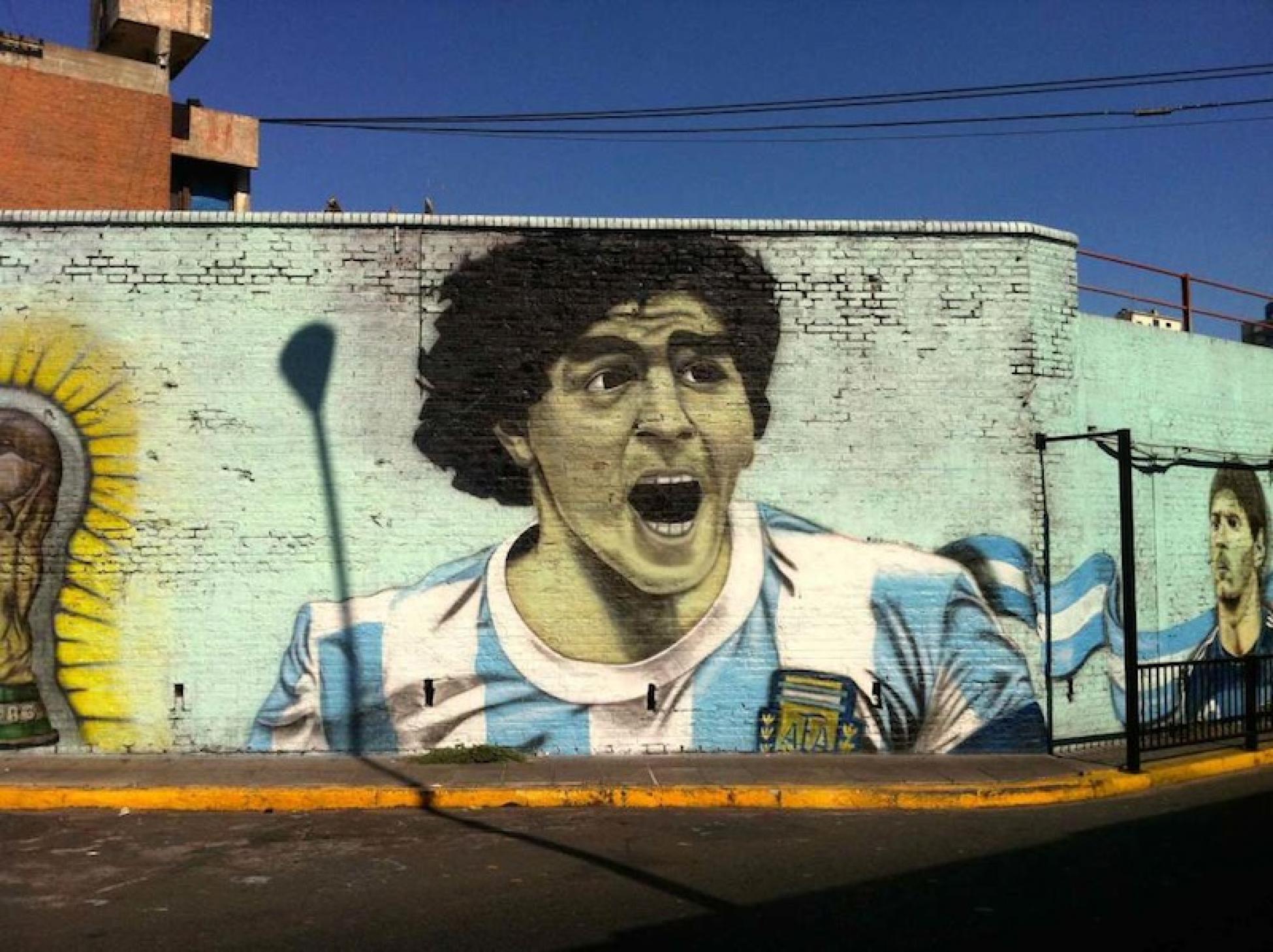It takes a month. Just one month of living in a new city to fall into the belief that you own the place. Over this shortest amount of time you'll evolve through the streets from a cowering Neanderthal a self-entitled swaggering human.
You'll accomplish all that is unique within each suburb. Some of you will have even woken up in a home that is not your own. You'll develop a routine that you become so comfortable with that all concept of time is lost and then it's expired. So much so, that within a month you're left with a lost sense of what it is about this city that makes it stand apart from the rest of the world.
At the centre of Buenos Aires lies Casa Rosada, the towering red-bricked presidential office where over 300,000 people were captured by Evá Peron's penultimate speech. Less than four kilometres from here is the suburb of Once. Like all great cities, this is the part of the inner-city that you just do not come to. It's the section that the municipality attempts to hide away. Poverty is rife, and the streets are plagued with graffiti, stores selling illegal wares and drugs. This being said, each city around the world has this part of town. From here, further north is the affluent suburb of Recoleta where the streets directly mimic those of the boulevards of Milan. To the south, the bohemian suburb of San Telmo could have been bore directly out of Barcelona.
Much of Buenos Aires is a shadow of its sister cities in Italy and Spain. But it is, by far, so much more diverse. The extremes in the levels of poverty mean European sports cars consistently speed pass the cartoneros as they're dragging their carts along cracked sidewalks. These are the people that trawl the cities garbage canisters to sell on anything they can. Whilst all Buenos Aires people, Porteños, call the same city home they can be a million miles away from each other. It was Eva Peron who said that “shadows cannot see themselves in the mirror of the sun.”
So what is it then that distinguishes Buenos Aires from the rest of the world? Social inequality? Not at all. In fact, it's in spite of this. It's what unifies the city, which makes it unique. It's not their love of football, where passions run so high they lead to riots in the centre of the city at Boca Juniors Stadium. It's what is missing in so much of the Western World. It's a love of life and family whom rarely, if ever, separate.
What a person from Buenos Aires holds so dear are the irreplaceable items in life and the want to make the special moments last. Everything is celebrated with a passion, usually alongside an asado (a BBQ), which lasts long into the following morning. Even the smallest details of life are designed to share. The tea-like mate is nearly never consumed alone and it's always passed around a circle.
This way of living creates a support network that has no comparison. Within one square city block entire generations can live. So times of emergency can be approached together, rather than waiting for the family to return from across the nation. It's this overwhelmingly sense of belonging through family and community that draws an entire city together.
This is where you come back into it. What comes along with thinking that you own a city is a level of arrogance. It leaves you wandering unknowingly blind. There are dates and places and street corners that define a nation. But if this is only what you can see, then you will never truly feel like a Porteño. When the invitation is extended to see the other side, if only just once for an evening, accept. Even if you're just a passenger, it's better to be a part of something than remaining behind it, because the beautiful people are standing right before you.

